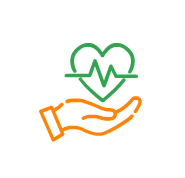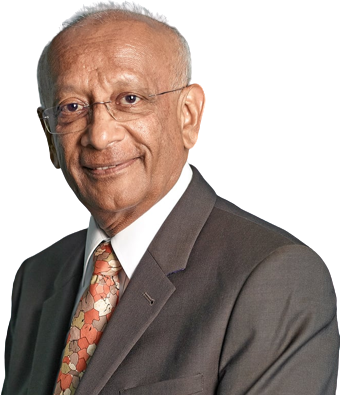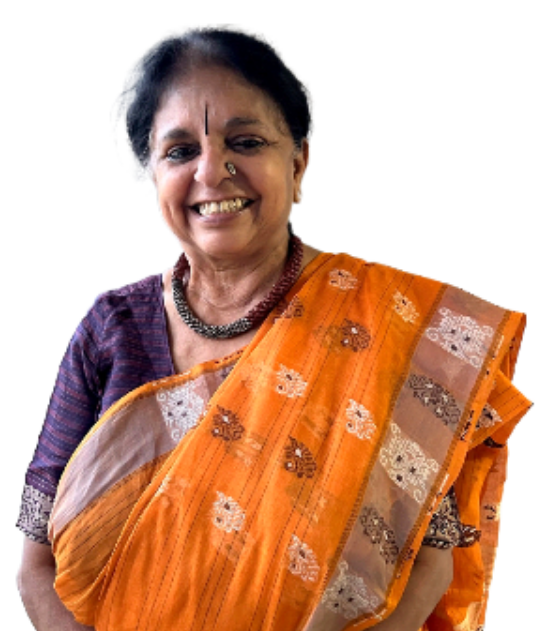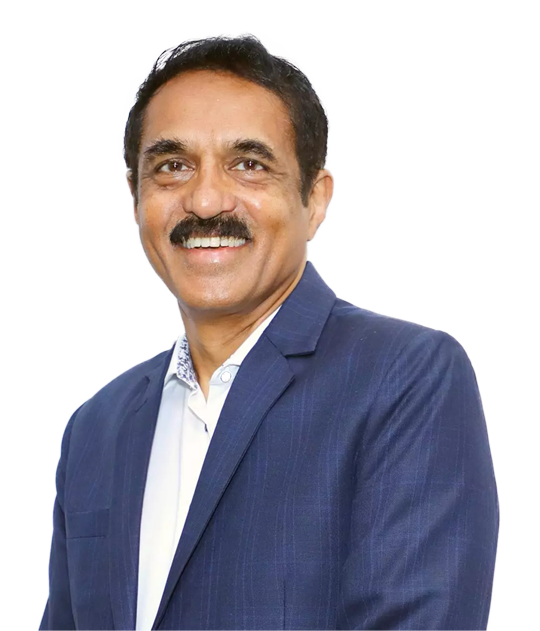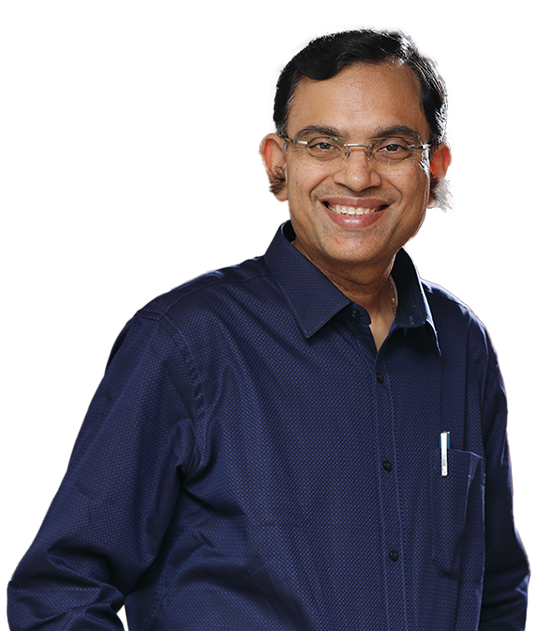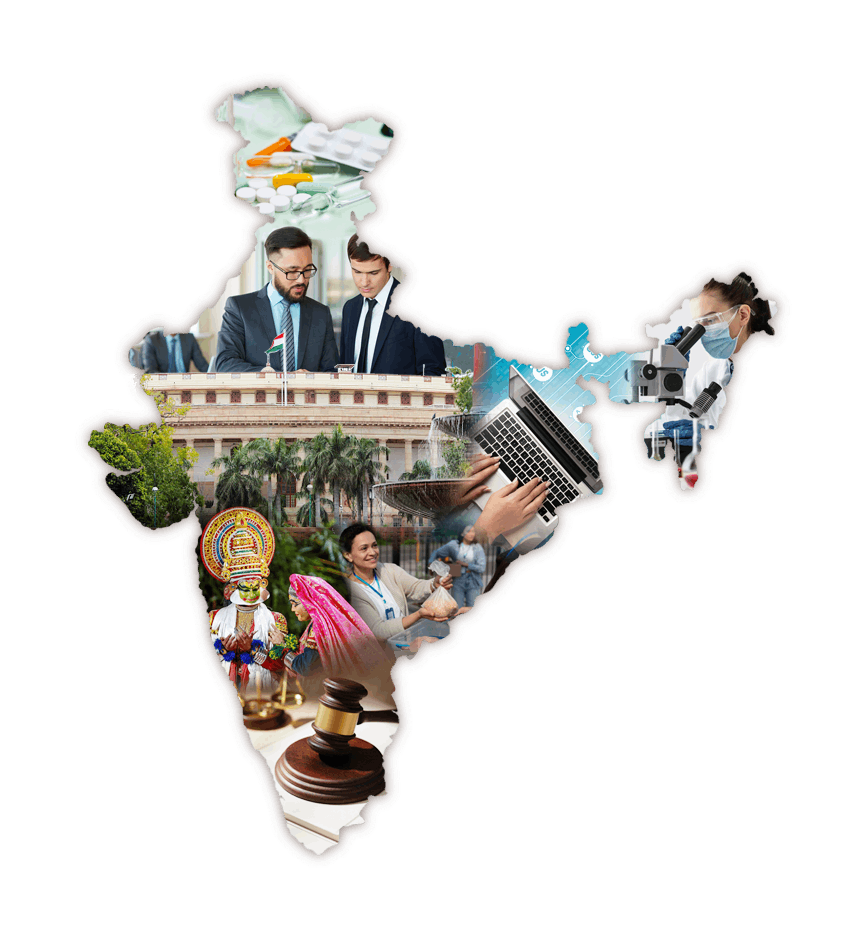

What India Needs
A Series on Shaping The Future of India
In this new initiative, Antardhwani brings to you some of the sharpest minds sharing their 5-point vision of What India Needs to become future ready. India is standing at the cusp of a great change and its people are racing against time to return their nation to its ancient glory. Here, we will bring to you changemakers with backgrounds as diverse as politics, business, science, medicine, technology, law, social service, arts and more who will reveal their profound ideas of making India progressive and prosperous.


